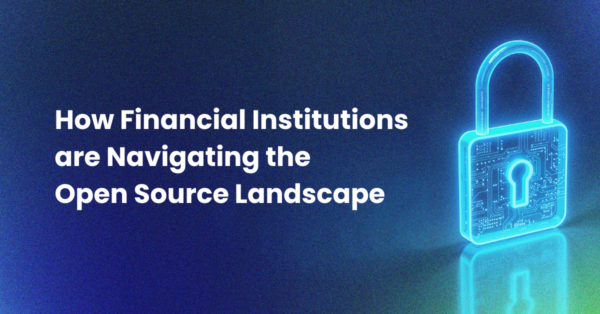VANCOUVER, British Columbia – May 15, 2000 – ActiveState, a leading supplier of products and services supporting Open Source software, announced support for the Simple Object Access Protocol (SOAP) specification recently released by Microsoft Corp. The next version of PerlEx, a plug-in for Windows NT-based Webservers, will provide easy development and deployment of SOAP accessible components. SOAP gives companies more capabilities to link systems both internally and externally across the Internet with other companies. In a marked difference from previous communications protocols, SOAP's XML-based messages transport over the Web regardless of what operating system, object model or language particular applications may use. This allows businesses to easily exchange data with each other over the Internet.
"SOAP is based on popular standards and is platform and programming language independent. I believe it will enable the next generation of Internet Programming," stated Dick Hardt, ActiveState, CEO. "PerlEx 2.0 provides the SOAP 'glue' so that it is easy to create SOAP components from existing Perl scripts."
"Interoperability across different operating systems and programming languages is critical to making businesses successful in today's environments," said John Montgomery, SOAP product manager at Microsoft Corp. "With Perl's rising popularity among developers, ActiveState's support for SOAP will help drive its adoption in the open source and Perl communities."
Features of SOAP:
- Open standard. Companies are free to choose platforms that are best suited to solving their problems regardless of the operating system.
- Transports over HTTP. Firewalls are no longer a barrier to communicating over the Internet.
- XML based. Enables heterogeneous interoperability of data, components, business processes and applications over the Internet.
- Simple and easy to implement. SOAP concentrates on the specific task of executing procedures on a remote computer.
"I think SOAP is an important piece of the technology to finally create distributed component based applications on the Internet. For example, business-to-business nowadays mostly means one company uses a web browser to access the web server in the other company," stated Jan Dubois, Senior Engineer, ActiveState. "With the remote procedure call capabilities provided by SOAP people can now create applications talking to each other instead."





